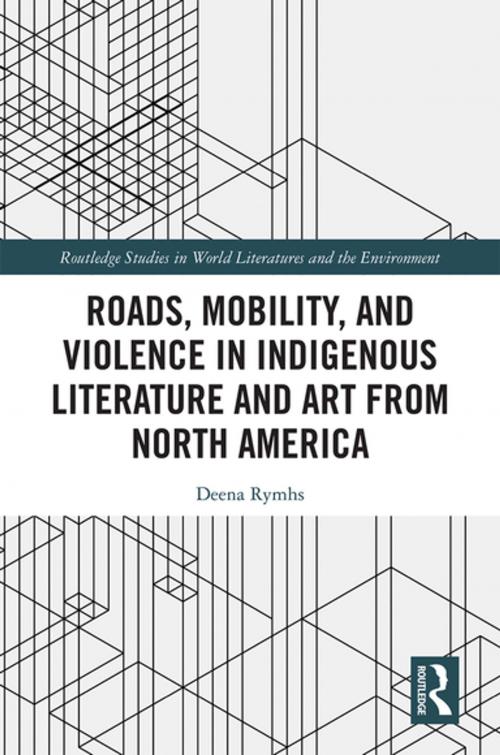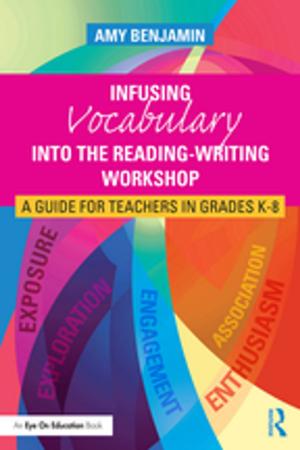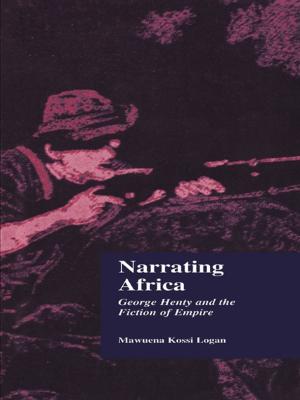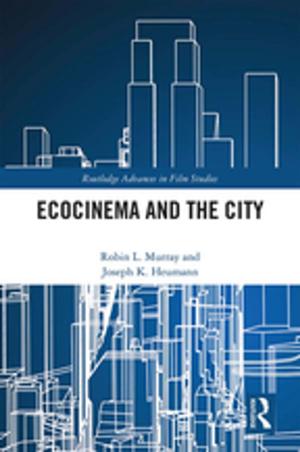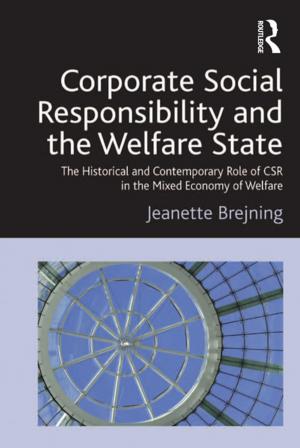Roads, Mobility, and Violence in Indigenous Literature and Art from North America
Fiction & Literature, Anthologies, Literary Theory & Criticism| Author: | Deena Rymhs | ISBN: | 9780429620355 |
| Publisher: | Taylor and Francis | Publication: | December 20, 2018 |
| Imprint: | Routledge | Language: | English |
| Author: | Deena Rymhs |
| ISBN: | 9780429620355 |
| Publisher: | Taylor and Francis |
| Publication: | December 20, 2018 |
| Imprint: | Routledge |
| Language: | English |
Roads, Mobility, and Violence in Indigenous Literature and Art from North America explores mobility, spatialized violence, and geographies of activism in a diverse archive of literary and visual art by Indigenous authors and artists. Building on Raymond Williams’s observation that "traffic is not only a technique; it is a form of consciousness and a form of social relations," this book pulls into focus racial, sexual, and environmental violence localized around roads. Reading this archive of texts next to lived struggles over spatial justice, Rymhs argues that roads are spaces of complex signification. For many Indigenous communities, the road has not often been so open. Recent Indigenous writing and visual art explores this tension between mobility and confinement. Drawing primarily on the work of Marie Clements, Tomson Highway, Marilyn Dumont, Leanne Simpson, Richard Van Camp, Kent Monkman, and Louise Erdrich, this volume examines histories of uprooting and violence associated with roads. Along with exploring these fraught histories of mobility, this book emphasizes various ways in which Indigenous communities have transformed roads into sites of political resistance and social memory.
Roads, Mobility, and Violence in Indigenous Literature and Art from North America explores mobility, spatialized violence, and geographies of activism in a diverse archive of literary and visual art by Indigenous authors and artists. Building on Raymond Williams’s observation that "traffic is not only a technique; it is a form of consciousness and a form of social relations," this book pulls into focus racial, sexual, and environmental violence localized around roads. Reading this archive of texts next to lived struggles over spatial justice, Rymhs argues that roads are spaces of complex signification. For many Indigenous communities, the road has not often been so open. Recent Indigenous writing and visual art explores this tension between mobility and confinement. Drawing primarily on the work of Marie Clements, Tomson Highway, Marilyn Dumont, Leanne Simpson, Richard Van Camp, Kent Monkman, and Louise Erdrich, this volume examines histories of uprooting and violence associated with roads. Along with exploring these fraught histories of mobility, this book emphasizes various ways in which Indigenous communities have transformed roads into sites of political resistance and social memory.
